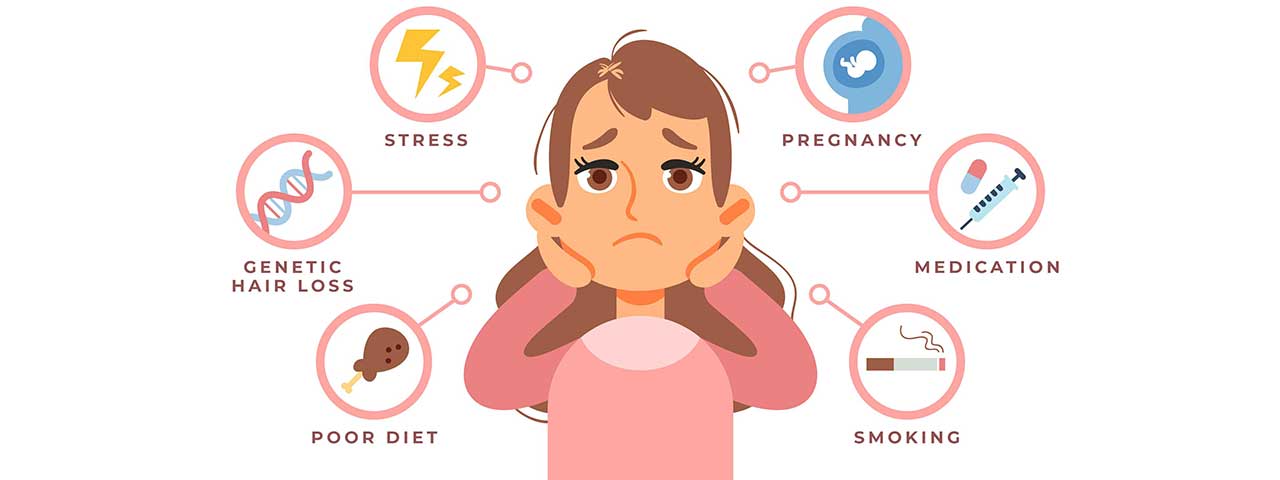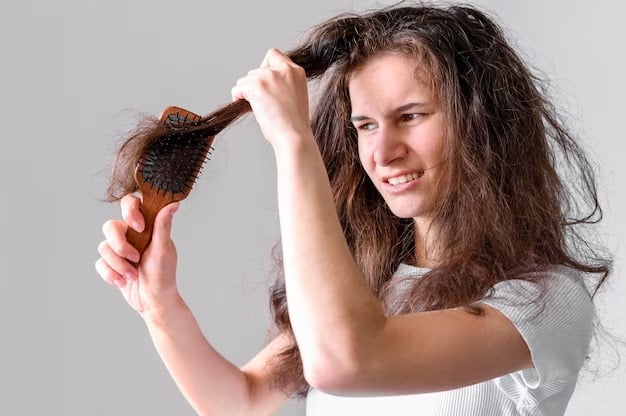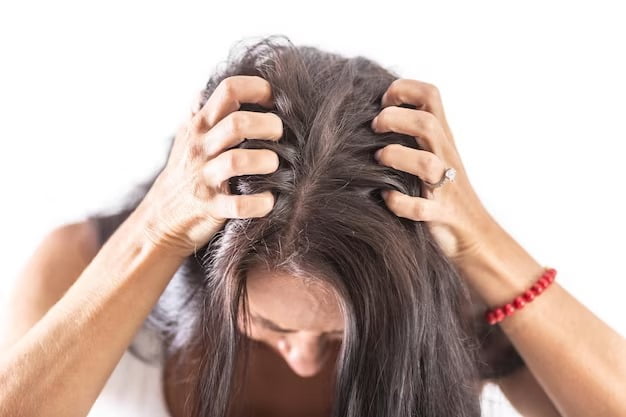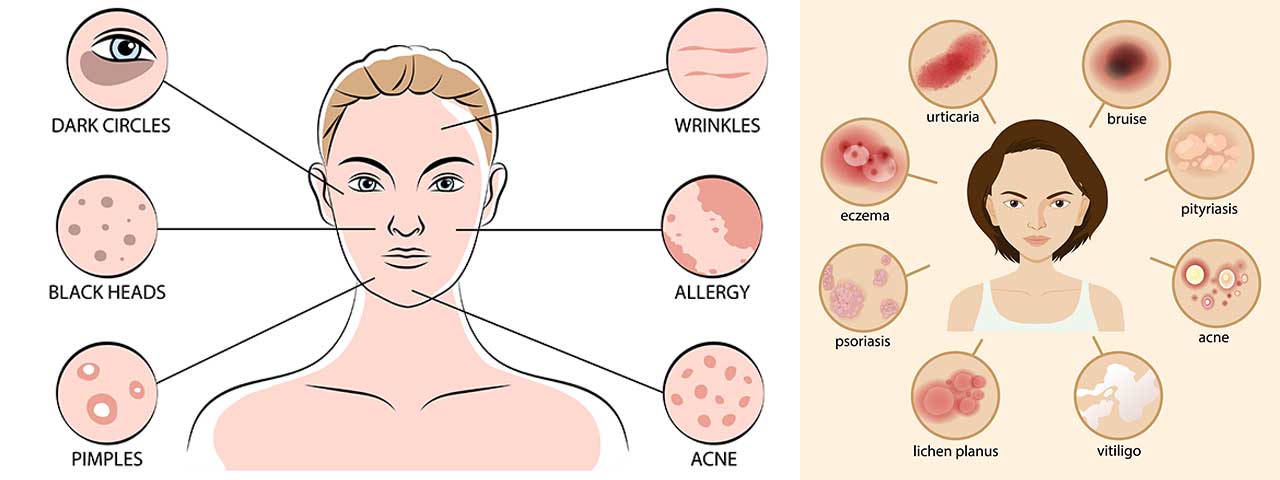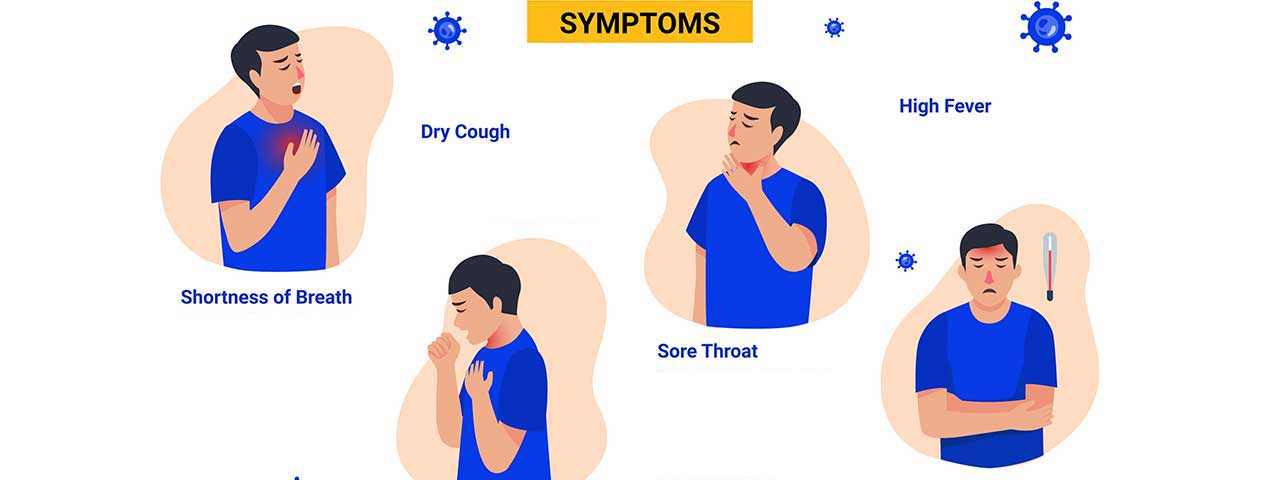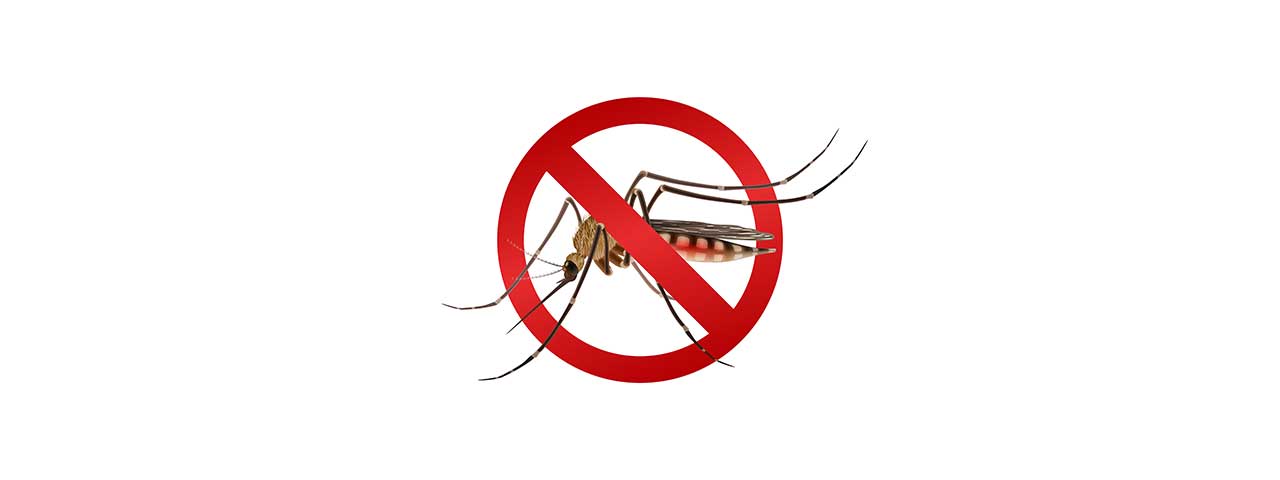Our hair is a defining feature of our appearance, and it plays a significant role in our self-esteem. However, many people encounter common hair problems that can be frustrating and, in some cases, distressing. These issues can range from minor annoyances to more significant concerns, affecting individuals of all ages and hair types. Loss of lustre, frizz, split ends, and other hair problems are particularly prevalent among people who repeatedly alter the natural style of their hair or among people with hair that is intrinsically weak.
Hair Loss: Whether due to genetics, hormonal imbalances, or stress, hair loss is a common issue. It can manifest as receding hairlines, bald spots, or overall thinning. While some degree of hair loss is natural, excessive shedding can be distressing. Hair loss, known as alopecia, is a prevalent issue that frequently causes significant concern among patients. Diagnosing alopecia involves considering various types, including those that lead to scarring and those that do not. Furthermore, various conditions affecting the hair shaft can cause it to become fragile, resulting in distinct forms of hair loss. Therefore, an organized and methodical approach is essential to effectively address patients’ concerns and arrive at an accurate diagnosis.
There are several types of alopecia that can affect individuals:
Androgenetic Alopecia: This is the most common type and is often referred to as male or female pattern baldness. It is largely influenced by genetics and hormones, causing gradual hair thinning in a specific pattern.
Alopecia Areata: An autoimmune condition where the immune system mistakenly attacks hair follicles, leading to sudden and often unpredictable hair loss in small, round patches.
Traction Alopecia: Caused by excessive tension on the hair, often due to tight hairstyles like braids or ponytails, resulting in hair loss, especially around the hairline.
Telogen Effluvium: Typically triggered by physical or emotional stress, this condition leads to a sudden and widespread shedding of hair.
Scarring Alopecia: Characterized by hair loss accompanied by scarring of the scalp, often due to various inflammatory skin conditions.
Each type of alopecia has its unique causes and characteristics, requiring different approaches to management and treatment.
Dandruff/Seborrheic Dermatitis: Dandruff is the flaking of the scalp, often caused by a fungus called Malassezia. It can lead to an itchy and sometimes embarrassing situation. Clinically in a more severe form, is most commonly referred to as seborrheic dermatitis. Seborrheic dermatitis is a chronic relapsing erythematous scaly skin disease. Dandruff is restricted to the scalp, and involves itchy, flaking skin without visible inflammation. SD affects the scalp as well as face, retro-auricular area, and the upper chest, causing flaking, scaling, inflammation and pruritus, and can have marked erythema.
Split Ends: Split ends occur when the hair shaft splits into two or more parts. This is often a result of excessive heat styling, chemical treatments, or lack of proper hair care.
Dry or Oily Hair: Balancing the natural oils in your hair can be a challenge. Dry hair can be caused by excessive use of heat styling tools and harsh hair products, while oily hair can result from overactive sebaceous glands.
Thinning Hair: As people age, hair can thin out due to changes in the hair growth cycle.
Premature Greying of Hair: Premature hair graying (PHG) is a common problem. It may be genetic and certain environmental factors also play a role including trace element and vitamin deficiencies such as Vitamin B12, Vitamin D3, and calcium.
Addressing these common hair problems often requires a combination of proper hair care, lifestyle changes, and sometimes medical intervention. It’s essential to consult with a hair specialist or dermatologist when these problems become persistent or severe. With the right care and attention, many of these issues can be managed effectively, ensuring your locks stay healthy and beautiful. Homoeopathy offers many medicines which may play a significant role in relieving hair problems when indicated.
Homeopathy offers a holistic approach to treating hair problems by addressing underlying causes and promoting overall well-being. Here are some common homeopathic medicines often used to address various hair issues:
- Fluoricum Acidum (Fluoric Acid): This remedy is indicated for hair loss with itching of the scalp, especially when hair becomes dry and splits at the ends.
- Silicea (Silica): Silicea is indicated for individuals with hair loss, brittle hair, and slow hair growth.
- Lycopodium Clavatum (Lycopodium): Lycopodium is a common remedy indicated for premature graying of hair and hair fall due to hormonal imbalances; dandruff and an itchy scalp.
- Phosphoricum Acidum (Phosphoric Acid): Phosphoric Acid is indicated for hair loss due to grief, stress, or chronic illnesses. It is also indicated in cases of hair thinning and hair loss after severe emotional shock.
- Thuja Occidentalis (Thuja): This remedy is indicated for hair loss, dandruff, and dryness of hair.
- Natrum Muriaticum (Natrum Mur): Natrum Mur is indicated for hair loss due to an oily scalp, especially when the hair becomes greasy and sticks together. It can also address hair loss from grief or emotional disturbances.
- Arnica Montana (Arnica): Arnica is indicated for treating hair loss resulting from physical or emotional trauma, scalp injuries, or excessive hair fall.
- Baryta Carb (Barium Carbonicum): Baryta Carb is indicated for premature graying of hair, especially in young individuals.
- Kali Sulphuricum (Kali Sulph): This remedy is indicated for treating dandruff and scaling of the scalp. It helps in regulating sebum production and restoring a healthy scalp.
It’s important to note that homeopathic treatment is highly individualized. A homeopathic practitioner will consider the patient’s overall health, lifestyle, and specific symptoms before prescribing the most appropriate remedy. Homeopathy aims to stimulate the body’s natural healing processes, offering a gentle and non-invasive approach to addressing various hair problems. However, it’s advisable to consult with a qualified homeopathic practitioner for a personalized treatment plan.
Joint and Muscle Pain
A Holistic Approach to Joint and Muscle Pain: Understanding Common Conditions and the Role of Homeopathy in CareOur bodies are…
Common Hair Problems & its Prevention
Our hair is a defining feature of our appearance, and it plays a significant role in our self-esteem. However, many…
Some common skin issues in the Winter
Winter can be harsh on the skin. The dry cold can giving rise to a range of issues. Some common…
Know about your cough & know when it’s enough
Coughing is a natural and essential reflex of the respiratory system. It serves as a protective mechanism to clear the…
Symptoms of Dengue & It’s Prevention
Dengue is a viral infection caused by the dengue virus, which is primarily transmitted to humans through the bites of…
What is Homoeopathy?
What is Homoeopathy?Homoeopathy is a holistic system of medicine that uses highly diluted substances from nature to stimulate the body’s…

 Deal 1
Deal 1
